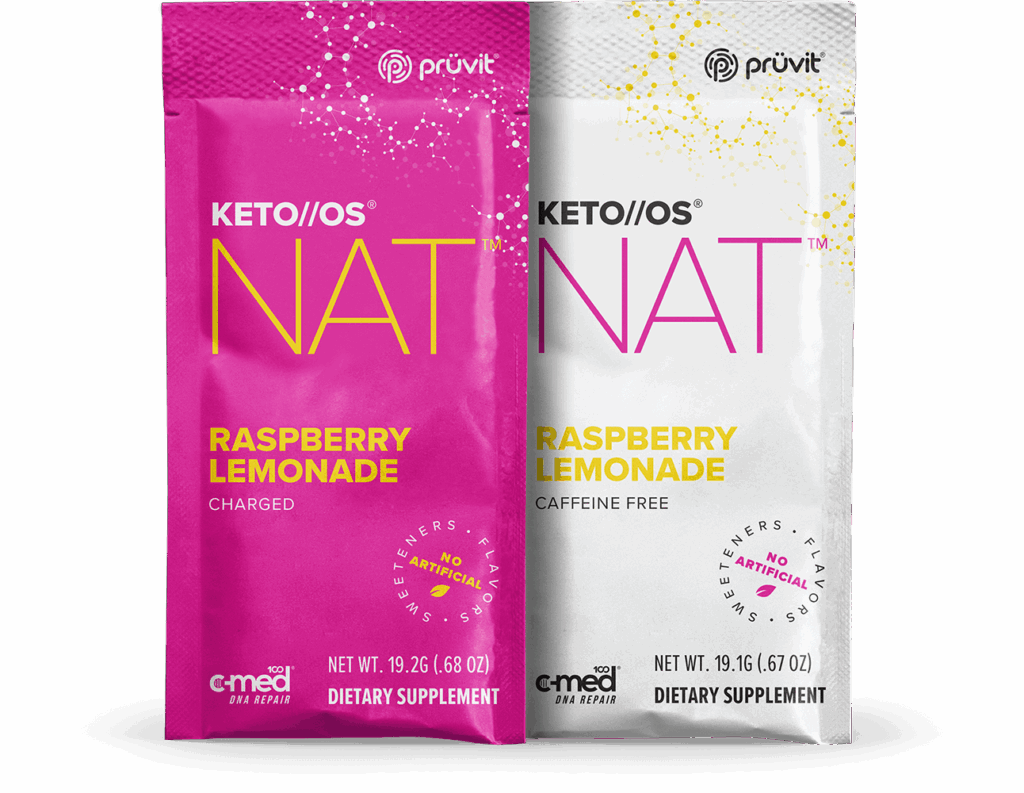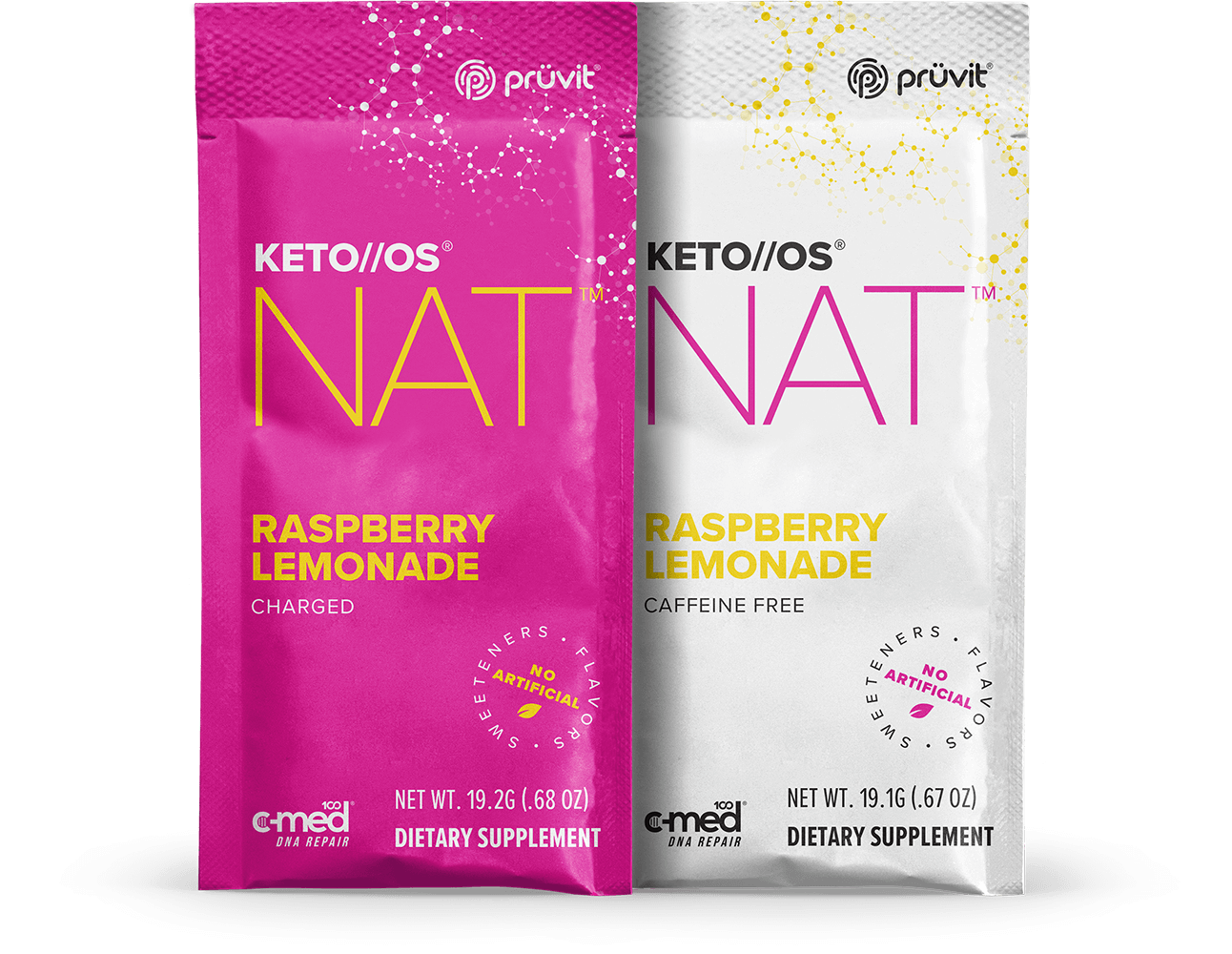
Ketosis Supplements: Do They Really Work?
The ketogenic diet, or keto diet, has surged in popularity as a weight-loss strategy. By drastically reducing carbohydrate intake and replacing it with fat, the body enters a metabolic state called ketosis. In this state, the body burns fat for fuel instead of glucose, leading to weight loss. As the keto trend has grown, so has the market for ketosis supplements, promising to accelerate the process, enhance energy levels, and mitigate the dreaded “keto flu.” But do these supplements live up to the hype?
Understanding Ketosis and the Keto Diet
Before diving into ketosis supplements, it’s crucial to understand the underlying principles of the ketogenic diet. The diet typically involves consuming 70-80% of calories from fat, 20-25% from protein, and only 5-10% from carbohydrates. This restriction forces the body to deplete its glycogen stores (stored glucose), prompting it to switch to burning fat for energy. This process produces ketones, which the body then uses as its primary fuel source.
Achieving and maintaining ketosis requires strict adherence to the diet. Even a small deviation can kick the body out of ketosis, requiring several days to re-enter. The early stages of the keto diet can also be challenging, often accompanied by symptoms like fatigue, headaches, and nausea, collectively known as the “keto flu.”
Types of Ketosis Supplements
The market for ketosis supplements is diverse, offering a range of products designed to support various aspects of the keto diet. Here are some of the most common types:
- Exogenous Ketones: These are ketones consumed from an external source, typically in the form of beta-hydroxybutyrate (BHB) salts or ketone esters. BHB is the most abundant ketone body in the body during ketosis.
- MCT Oil: Medium-chain triglycerides (MCTs) are a type of fat that is easily digested and converted into ketones by the liver. MCT oil is often used to boost ketone production and provide a quick source of energy.
- Electrolyte Supplements: The keto diet can lead to electrolyte imbalances due to reduced insulin levels and increased fluid loss. Electrolyte supplements, such as those containing sodium, potassium, and magnesium, help replenish these lost minerals.
- Digestive Enzymes: The high fat content of the keto diet can sometimes cause digestive issues. Digestive enzyme supplements can aid in the breakdown of fats and improve nutrient absorption.
- Other Supplements: Some supplements claim to support ketosis indirectly, such as L-carnitine (involved in fat metabolism), chromium picolinate (may help regulate blood sugar), and various herbal extracts.
Do Ketosis Supplements Really Work? Examining the Evidence
The efficacy of ketosis supplements is a subject of ongoing research. While some studies suggest potential benefits, others show little to no effect. Here’s a closer look at the evidence for each type of supplement:
Exogenous Ketones
Exogenous ketones can rapidly increase blood ketone levels, which may provide a temporary energy boost and reduce appetite. However, they don’t necessarily promote weight loss on their own. Some studies suggest that exogenous ketones may help athletes improve performance during endurance exercise, but more research is needed. It’s also important to note that exogenous ketones can cause digestive discomfort in some individuals.
One key consideration is the type of exogenous ketone. Ketone salts are more widely available and generally more palatable, but ketone esters are more potent and may have a greater impact on blood ketone levels. However, ketone esters are also more expensive and may have a less pleasant taste.
MCT Oil
MCT oil is a more established supplement, with several studies supporting its potential benefits for weight loss and energy levels. MCTs are rapidly absorbed and converted into ketones, providing a quick source of fuel for the brain and body. Some studies have shown that MCT oil can increase satiety, leading to reduced calorie intake. However, it’s important to start with small doses of MCT oil, as large amounts can cause digestive upset.
Different types of MCTs exist, with caprylic acid (C8) and capric acid (C10) being the most ketogenic. Coconut oil is a natural source of MCTs, but it contains a lower concentration of C8 and C10 compared to pure MCT oil.
Electrolyte Supplements
Electrolyte supplements are essential for many individuals following the keto diet. The reduced insulin levels and increased fluid loss associated with ketosis can lead to deficiencies in sodium, potassium, and magnesium. These deficiencies can contribute to the “keto flu” symptoms, such as fatigue, headaches, and muscle cramps. Electrolyte supplements can help alleviate these symptoms and maintain proper hydration.
It’s crucial to choose electrolyte supplements that are free of added sugars and unnecessary ingredients. Many sports drinks contain high amounts of sugar, which can kick you out of ketosis.
Digestive Enzymes
The high fat content of the keto diet can be challenging for some individuals to digest. Digestive enzyme supplements can help break down fats, proteins, and carbohydrates, improving nutrient absorption and reducing digestive discomfort. These supplements typically contain enzymes like lipase (for fat digestion), protease (for protein digestion), and amylase (for carbohydrate digestion).
Other Supplements
The evidence for other ketosis supplements, such as L-carnitine and chromium picolinate, is less conclusive. L-carnitine plays a role in transporting fatty acids into the mitochondria, where they are burned for energy. Some studies suggest that L-carnitine may improve fat loss and exercise performance, but more research is needed. Chromium picolinate may help regulate blood sugar levels and reduce cravings, but its effects on weight loss are inconsistent.
Potential Risks and Side Effects
While ketosis supplements are generally considered safe, they can cause side effects in some individuals. Exogenous ketones can lead to digestive discomfort, such as nausea, diarrhea, and stomach cramps. MCT oil can also cause digestive upset if consumed in large amounts. Electrolyte supplements can sometimes cause imbalances if taken in excess. It’s important to follow the recommended dosage and consult with a healthcare professional before taking any ketosis supplements.
Furthermore, it’s crucial to remember that ketosis supplements are not a magic bullet for weight loss. They are intended to support the ketogenic diet, not replace it. Achieving and maintaining ketosis still requires strict adherence to the diet’s macronutrient ratios.
Who Should Consider Ketosis Supplements?
Ketosis supplements may be beneficial for individuals who are:
- Starting the keto diet and experiencing the “keto flu.”
- Looking for a quick energy boost during exercise.
- Having difficulty reaching or maintaining ketosis.
- Experiencing electrolyte imbalances.
- Having digestive issues related to the high fat content of the keto diet.
However, it’s important to note that ketosis supplements are not necessary for everyone following the keto diet. Many individuals can achieve and maintain ketosis through diet alone. It’s also crucial to consult with a healthcare professional before taking any supplements, especially if you have any underlying health conditions or are taking medications.
Choosing the Right Ketosis Supplements
With so many ketosis supplements on the market, it can be challenging to choose the right ones. Here are some factors to consider:
- Ingredients: Look for supplements with high-quality ingredients and avoid those with added sugars, artificial sweeteners, and unnecessary fillers.
- Dosage: Follow the recommended dosage on the label and consult with a healthcare professional if you have any questions.
- Form: Choose a form that is convenient and palatable for you. Exogenous ketones are available in powder, capsule, and liquid forms. MCT oil is available in oil and powder forms.
- Brand Reputation: Choose supplements from reputable brands that have a good track record for quality and safety.
- Third-Party Testing: Look for supplements that have been third-party tested for purity and potency. This ensures that the supplement contains what it claims to contain and is free of contaminants.
Conclusion: A Balanced Approach to Ketosis
Ketosis supplements can be a helpful tool for supporting the ketogenic diet, but they are not a substitute for a well-planned and executed diet. While some supplements, like MCT oil and electrolyte supplements, have more robust evidence supporting their benefits, others, like exogenous ketones, require further research. It’s crucial to approach ketosis supplements with a balanced perspective, considering the potential benefits, risks, and individual needs. Always consult with a healthcare professional before starting any new supplement regimen.
Ultimately, the success of the ketogenic diet depends on consistent adherence to the diet’s macronutrient ratios and a healthy lifestyle. Ketosis supplements can be a helpful adjunct, but they should not be relied upon as the sole driver of weight loss or improved health. Focus on whole, unprocessed foods, adequate hydration, and regular exercise to maximize the benefits of the ketogenic diet.
[See also: The Ultimate Guide to the Ketogenic Diet]
[See also: Common Keto Mistakes and How to Avoid Them]
[See also: Keto-Friendly Recipes for Weight Loss]

